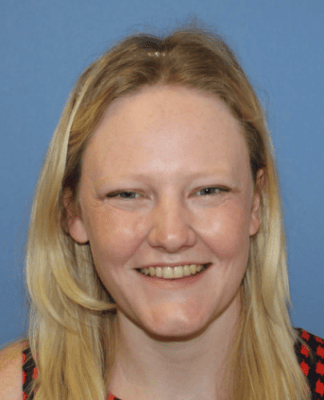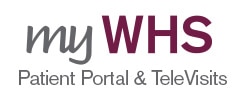
Dr. Courtney McCoy grew up in Pittsburgh and Erie PA. She graduated from Washington and Jefferson College with a degree in biochemistry. She attended medical school at Campbell University School of Osteopathic Medicine in Lillington, NC. She enjoys hiking and camping outside of work.
Lung Cancer Awareness Month
November is Lung Cancer Awareness month. Lung cancer is usually divided into two main types of cancer called small cell and non-small cancer. Several risk factors are linked to lung cancer. One of the greatest risk factors for developing lung cancer is smoking. According to the CDC, in the United States 80-90% of lung cancer deaths are linked to cigarette smoking. If you are a current smoker, talk to your current provider about ways to quit smoking. Several ways to quit smoking including nicotine patches and gum or a medication called Wellbutrin. Symptoms of lung cancer include coughing, chest pain, shortness of breath, wheezing, coughing up blood, weight loss with no known cause, or feeling tired all the time.
If you have been a long time smoker, you may be able to get a screening for lung cancer. Lung cancer screening is a low dose CT scan that takes a picture of the lungs to look for any concerning spots that can be watched. You can qualify for lung cancer screening if you are between the ages of 50 and 80, have a 20 year pack history, and have quit within the past 15 years or are still a current smoker. A pack year is smoking an average of 1 pack of cigarettes per day per year. For example, a person could have a 20 year pack history if they have smoked one pack a day for 20 years or if they smoked 2 packs a day for 10 years. Early detection of lung cancer leads to better chances of survival with catching a cancer early. Talk to your doctor today about lung cancer screening or ways to stop smoking.


